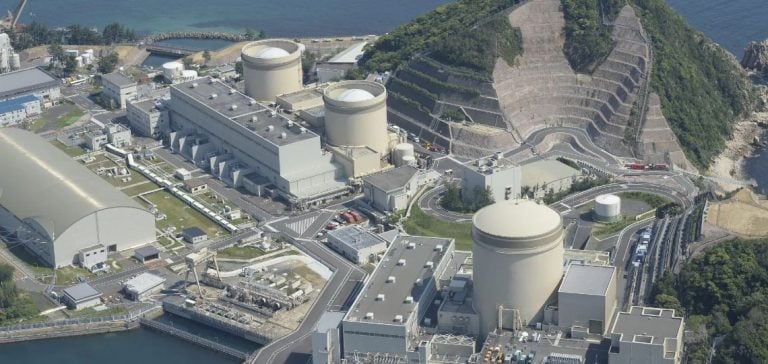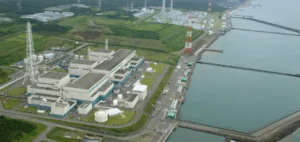A law that has come into effect in Japan alters the rules governing the operational duration of nuclear reactors, allowing them to function beyond the 60-year limit imposed after the Fukushima disaster in 2011. This measure forms part of a national strategy to reinforce the role of nuclear energy in the country’s power supply.
A strategy driven by future energy needs
The Japanese government aims to address rising electricity consumption, particularly due to the growth of artificial intelligence and the expansion of semiconductor factories. The law now permits additional operational years for reactors, provided shutdowns were caused by “unforeseeable circumstances”. For example, some reactors such as the one in Fukui, which was offline for 12 years after Fukushima, may remain operational until 2047—72 years after it first came online, according to Asahi Shimbun.
At the same time, the legislation introduces enhanced safety inspection protocols for ageing reactors. These provisions are intended to secure electricity supply amid global market instability, which has been intensified by the war in Ukraine.
A shift in Japanese energy policy
The change marks a departure from Japan’s previous Strategic Energy Plan, which had committed to “minimise reliance” on nuclear energy. That commitment was removed in the latest version of the plan, approved in February, which now targets a 20% share of nuclear power in Japan’s energy mix by 2040, compared to 5.6% in 2022.
Japan continues to face criticism over its climate commitments. In February, Tokyo pledged to cut greenhouse gas emissions by 60% by 2035 compared to 2013 levels. Several observers consider this target insufficient in light of the goals set by the Paris Agreement.
A sector still shaped by Fukushima’s legacy
The law allows operators to make up for long shutdown periods required under post-Fukushima safety protocols, without changing the theoretical 60-year limit. Japan, the world’s fifth-largest carbon dioxide emitter behind China, the United States, India and Russia, is seeking to stabilise its energy supply while managing emissions.
“Japan is trying to balance its economic and energy constraints while accounting for geopolitical and climate realities,” a government official was quoted as saying by Connaissance des Énergies on June 6.






















